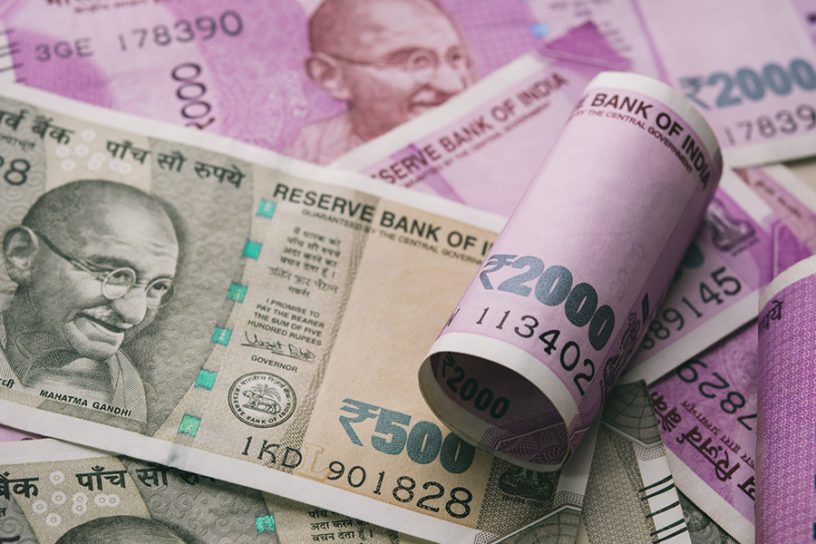
It is important for the U.S. and Western institutions to provide feasible alternatives to developing countries rather than just criticizing China’s economic model, says the author.
Author
Tridivesh Singh Maini, Assistant Professor, Jindal School of International Affairs, O.P. Jindal Global University, Sonipat, Haryana, India.
Summary
As a result of increased proximity between developing countries with China in recent years, there has been increasing distrust of the International Monetary Fund and the World Bank.
While it is true that the International Monetary Fund and the World Bank are in dire need of reform, it is important to bear in mind that China’s economic ties with developing countries involved in the Belt and Road Initiative could best be described as one-sided. In turning to China, many developing countries take on unsustainable economic debt. This is often referred to as ‘debt-trap diplomacy.’ This debt eventually leads to China indirectly arm-twisting many countries.
While Western institutions are often criticized for linking assistance to stringent loan conditionalities, China’s attempts to use its economic leverage for increasing political and strategic clout can best be seen in some countries severing ties with Taiwan. As far as infrastructure projects are concerned, a good example is the Hambantota Project which was handed over to China in 2017 because Sri Lanka was unable to pay back the Chinese loans it had taken out.
While the IMF and the World Bank justifiably draw criticism for the nature of their assistance programs, the Chinese model of engagement is often given a free pass.
One of the outcomes of this anti-Western sentiment is that some countries will shun institutions like the IMF despite dire economic conditions. As Sri Lanka’s economy was worsening, it refused to seek assistance from the IMF. In April, former President Gotabaya Rajapaksa admitted that not seeking assistance from the IMF was a mistake. “It was a mistake not to go.”
Published in: International Policy Digest
To read the full article, please click here.


